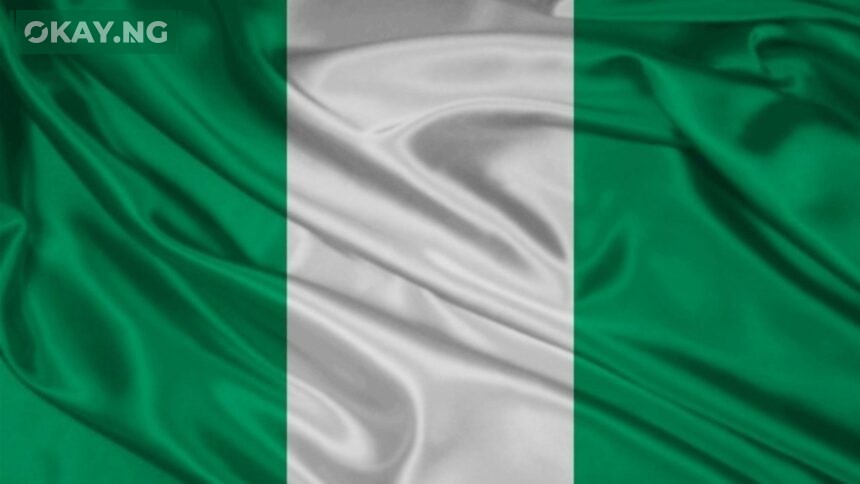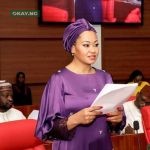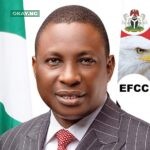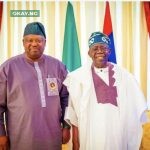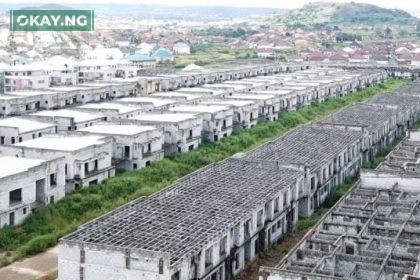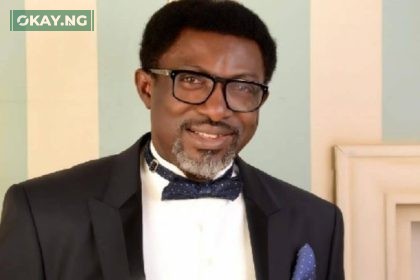By O’tega Ogra and Temitope Ajayi
There is a particular kind of silence that greets progress in Nigeria—when food prices fall, inflation slows, the country is positively recognised, debts paid, or things begin to work. It is the kind of silence that would rather a good story stay buried than be told. But make no mistake, what we are seeing in the market today is not magic. It is the outcome of vision from the Tinubu-Shettima administration, backed by execution.
When President Bola Tinubu signed off on a six-month waiver to allow the importation of select food items, it was not an act of political theater. Rather, it was visionary economic strategy at play. That singular decision broke a cartel of hoarders who had turned food insecurity into an immoral enterprise. But strategy alone does not and cannot lower the cost of rice. What does is when industry leaders respond not with hesitation but with urgency.
Last week at The Aso Villa, the seat of the Presidency in Abuja, Abdul Samad Rabiu did not just show up to thank President Bola Tinubu. He came prepared and showed up with results. He brought evidence—bag by bag, commodity by commodity—of how Mr President’s policy met action. Rice that once cost N110,000 now sells for less than 80,000. Flour is down. Maize is down. And for once, the loudest people in the room are the ones who used to profit from scarcity, not the ones breaking it.
What happened here was disruption. The BUA team as well as other major Nigerian manufacturers and industrialists who heeded President Tinubu’s call, understood the assignment. They flooded the market, shattered the economics of hoarding, and exposed a truth few want to say: sometimes, the real enemy is not the system. It is the silence and sabotage that follows reform.
But Alhaji Rabiu did not stop at food. He announced a second move upon the advice of fellow billionaire industrialist, Aliko Dangote which was just as consequential. In an economy reeling from FX volatility, energy price surges, and imported inflation, cement manufacturers have decided to freeze the price of cement, not for everyone, but for every contractor working under the government’s Renewed Hope infrastructure projects. This is not charity at play. This is alignment.
Cement isn’t just a product. It is the bloodline of infrastructure. By holding the price steady for public works under the Renewed Hope Agenda, BUA Cement, Dangote Cement, Lafarge and new entrants, Mangal Cement didn’t just make a corporate gesture. They bought the government fiscal room, time, and momentum. That is what nation-building looks like when it wears a private-sector face.
It gets deeper. Cement manufacturers are resuscitating the Cement Technology Institute of Nigeria, pledging up to N20 billion annually to train artisans, real human capacity, not PowerPoint plans. We live in a Nigeria where for the longest time, conversations about growth rarely touch skills. This novel move is therefore a bet on people because when people are trained, projects do not just get built but they endure.
President Tinubu alluded to something important during that meeting. He did not just commend BUA. He called the actions of the private sector who have taken a bet on Nigeria throughout this period, “economic patriotism.” Whilst many sit on the sidelines waiting for stability before they act, it matters when Nigerians step in to create it.
Nigeria does not just need big men. It needs bold moves. What Rabiu and his peers are doing from freezing prices, and disrupting hoarding, to funding technical skills is not corporate PR. It is policy execution by other means and, that is what separates firms that extract value from those that build it.
In this phase of Nigeria’s transformation, we will need more of the latter. Those who understand that the private sector is not a spectator sport. That stability is not gifted but engineered. And that to win the confidence of 250 million people, you must show, not tell, that the future of Nigeria is under construction.
And if we tell these positive stories loud and well, if we stop whispering good news while bad actors shout, we may just shift the national mood from despair to resolve.
We make bold this statement because, when industry starts to move like this, it is more than just a market correction. It is a clear signal that the tide is turning positively.
As President Bola Tinubu says, the future of Nigeria will be a future built by Nigerians, for Nigeria, and indeed, Africa. No one will build our Nigeria or Africa for us but ourselves. The time is now.
-Ogra and Ajayi are senior aides to President Bola Tinubu


